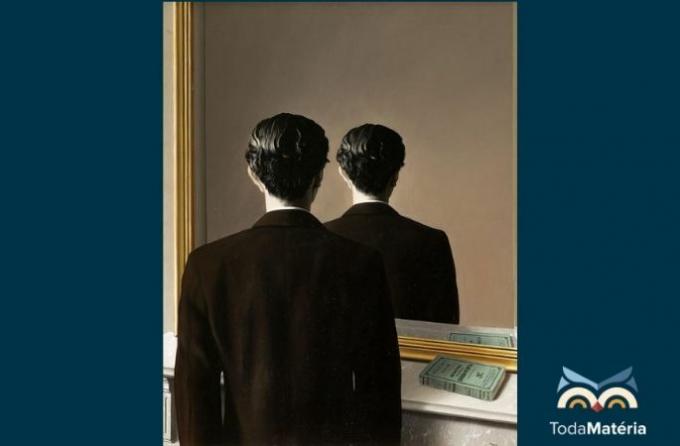Myth, from the greek myths, is a traditional narrative whose aim is explain the origin and existence of things.
Origin of Myth
This was the resource used for years to explain everything that exists in the Universe. Thus, myths were created to explain the origin of men, feelings, natural phenomena, among others.
The myth was considered a sacred story, narrated by the rhapsode - who supposedly was the person chosen by the gods to orally transmit the narratives.
The fact that the narrator came from a divine choice, attributed to the myth the character of incontestability, since the gods were unquestionable.
It should be noted that, in addition to explaining the origins, mythology - the set of these fantastic stories - played a moral role.
This type of narrative was relevant to answer questions until, from the 7th century BC onwards. Ç. the explanations arising from these stories were failing to satisfy the first Greek philosophers - the pre-Socratic.
Thus, the world began to be investigated through reason, prioritizing the natural over the supernatural. Beginning to make use of reason, philosophers did not believe in myths and demanded proof.
Learn more at: What is a myth?
Emergence of Philosophy
The emergence of Philosophy took place in Greece, more precisely with the formation of the polis - Greek city-state. There, citizens discussed politics in public, trying to find the best way to organize society.
This motivated the use of reasoning, reflection and the so-called "philosophical attitude". Over time, people not only discussed politics, but asked themselves about various aspects, which led to the growth of research.
In this way, the transition between mythical thinking and rational thinking happened in a progressive way.
The pre-Socratic philosophers looked to the elements of nature for the answer about origins.
What do Myth and Philosophy have in common?
Both seek to explain the origins, which is basically the characteristic that brings them together. Let us see, however, what their differences are.
Differences between Myth and Philosophy
| Myth | Philosophy |
|---|---|
| fantastic, imaginary | true real |
| Supernatural | Natural |
| unquestionable | Questionable |
| fantasy, inconsistency | reason, consistency |
| Irrational | Logical |
Whatsuchto readyoufollowingmyths?
- Oedipus King
- Cave myth
- The Myth of Narcissus
- Unicorn
Philosophy and Science
Until the Middle Ages there was no difference between Philosophy and Science. With the development of analysis and investigation, however, Mathematics, Chemistry, Geography, Sociology, in short, the various scientific areas emerged.
Philosophy is, thus, the origin for all sciences.


